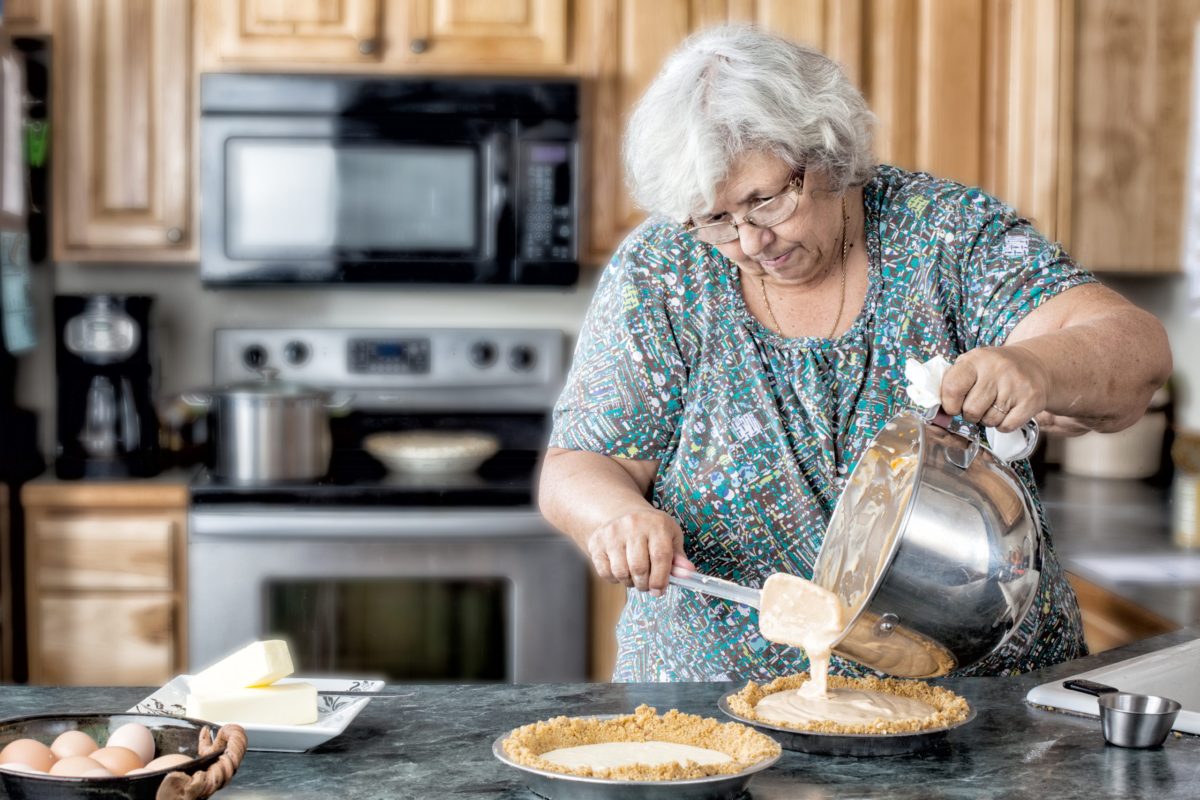Short-term memory often fades quicker for Alzheimer’s patients than long-term memory.
Procedural memory is part of long-term memory. The brain’s long-term memory is stored in the hippocampus. Procedural memory allows Alzheimer’s patients to continue doing routine habits and skills.
While it is frustrating to see your loved one lose skills, focus on the ones they still have so they can thrive! Caregivers can develop activities that tap into this area of the brain!
Motor, sensory, and cognitive memory are all part of procedural memory.
- Motor memory: walking, talking, how to use scissors, stir, carry, etc.
- Sensory memory: smell, hearing, vision, touch, taste.
- Cognitive memory: matching, sorting, reading, etc.
We have seen patients with advanced Alzheimer’s or dementia still play the piano and move their family to tears. Creativity and fun are still possible!
Here are ideas for procedural activities:
- Make music together
- Cook familiar foods
- Paint, draw or sculpt
- Plant flowers or dig up weeds
- Fold laundry or wash dishes
- Sort plastic Tupperware and tops
- Go for a walk
- Write a letter to a friend (dead or living, you do not have to correct them)
- Go for a swim
Alzheimer’s and dementia are a long journey. Consider activities that offer both of you relief every day.
The disease makes caregivers feel powerless. When the day has a loose structure, it can help caregivers feel more in control. Include procedural activities in your plan and start enjoying better days.
If you cannot create a plan that offers both you and your loved one relief, it may be time for home care.






